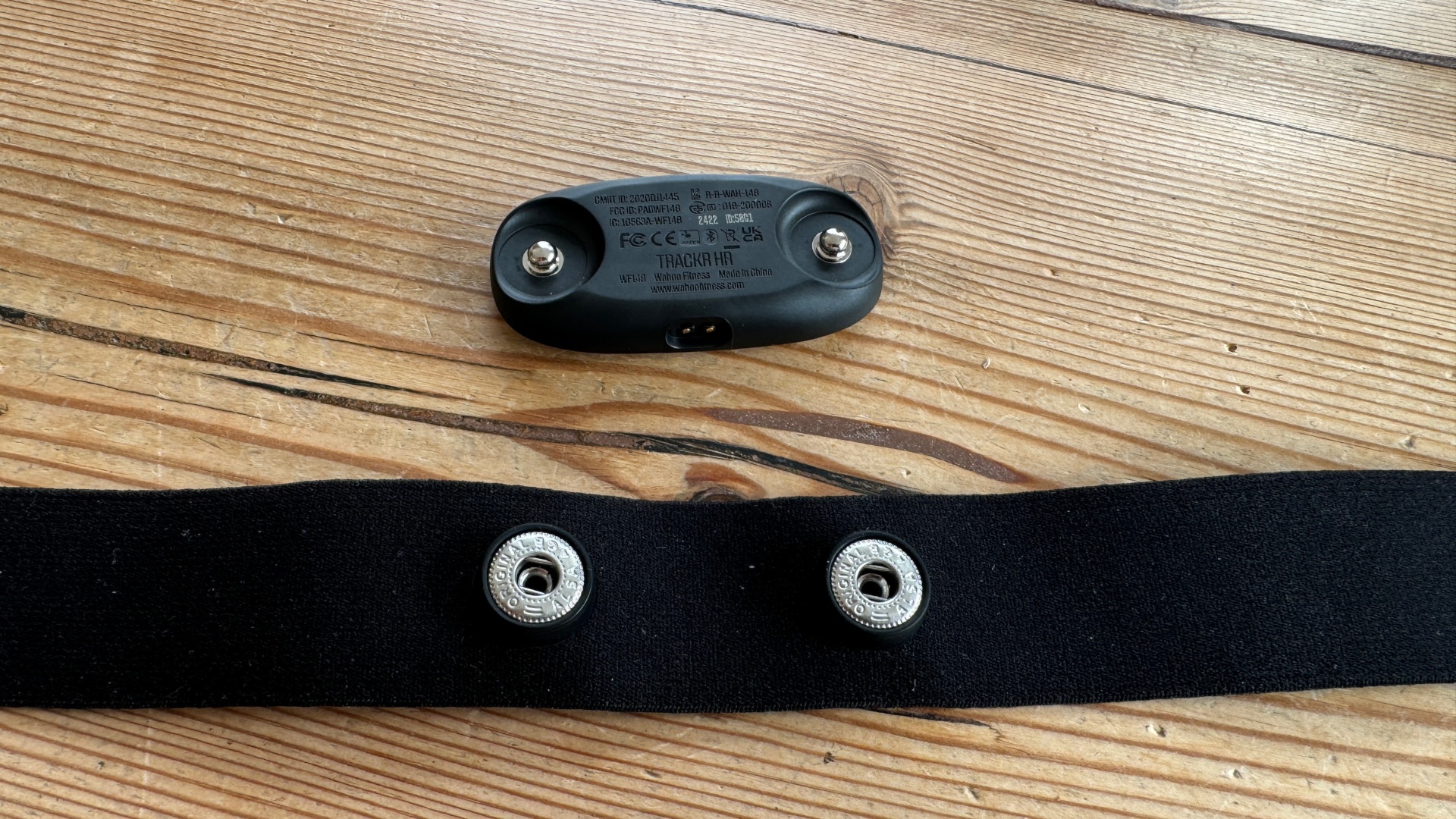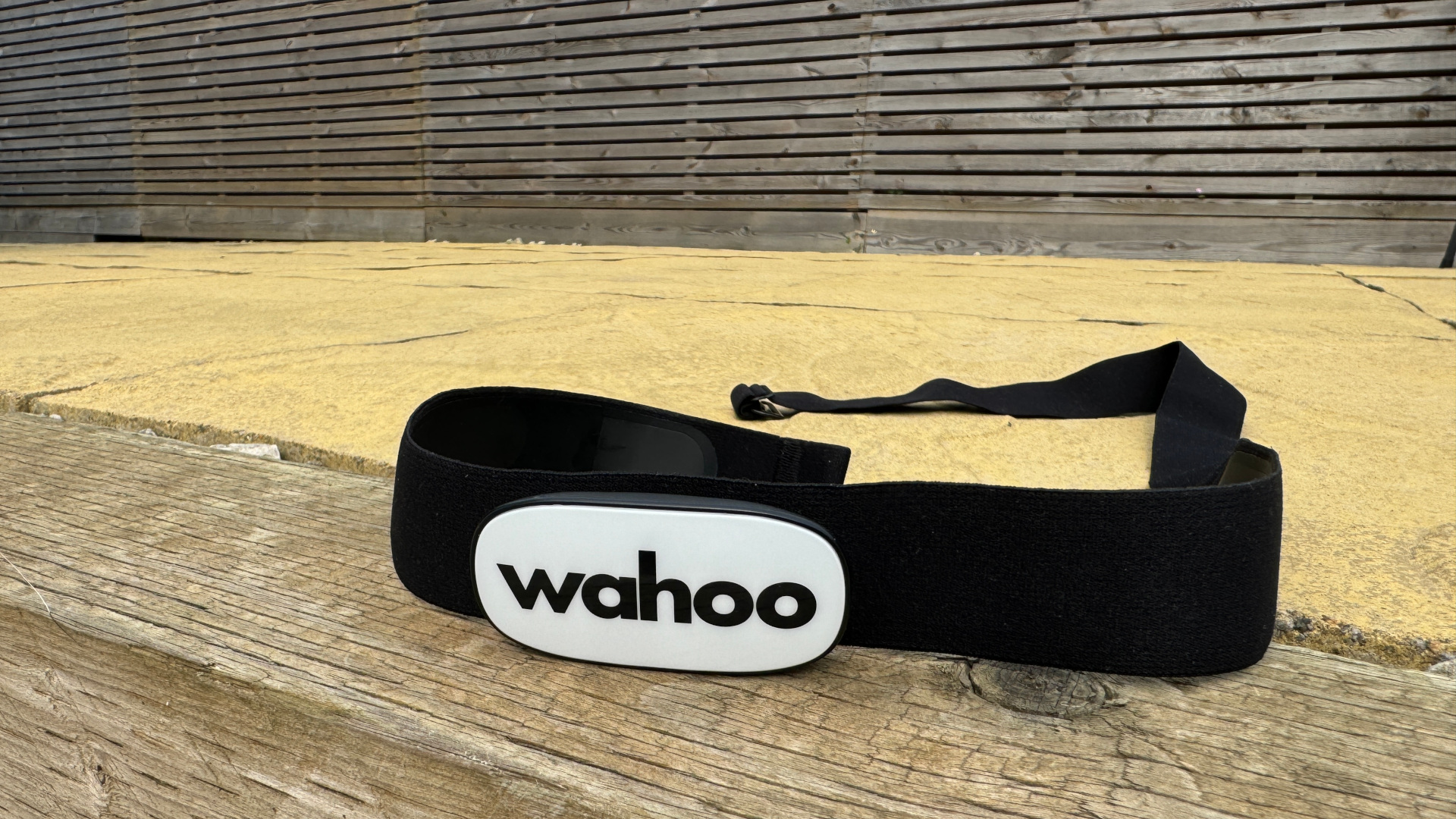
Wahoo Trackr: One minute review
The Wahoo Trackr heart rate monitor chest strap comes from a company known for working with Team GB athletes. As such this is a professional-grade bit of kit which now offers a rechargeable battery, making it more accessible for everyone than the last generation Tickr.
From running and cycling to fitness classes, athletics - and beyond - the Trackr makes for a super accurate way to get the most clear heart rate data. Since most metrics on smartwatches are now extrapolations from heart rate data, it pays to have the most accurate start point and this is what the Trackr is all about.
Sadly, it does lack the oxygen sensing capabilities of the more modern wrist-worn smartwatches, so data like SpO2 is lacking. For this, you'll need a separate bit of kit in the form of a muscle oxygen sensor.
The Wahoo Trackr is compatible with the company's own Wahoo app suite and plenty of popular third-party fitness apps including Cardio Mapper, Endomondo, and Runtastic. It also works with both ANT+ and up to three Bluetooth connections at once making it highly compatible in terms of hardware.
When it comes to battery life, this model goes for a solid 100 hours on a charge. This model is rechargeable (unlike the other Wahoo heart rate monitors before it) and the supplied USB 3.0 cable packs an LED to show charge status at a glance.
In terms of water use, it's not for swimming with just an IPX7 rating. That's not the best and means it's rated for a depth of one meter for 30 minutes, so it's not designed as a swim tracker and doesn't have onboard memory to make that a feature.
Overall this is one of the most convenient and compatible heart rate monitors that's also comfortable and super accurate - making it clear why this is used by professional athletes.
Wahoo Trackr: Price and release date
- Available to buy now in the US, UK, and Australia
- Priced at $89.99 / £79.99 / AU$149.95 RRP
The Wahoo Trackr launched on June 25 and is available across the globe. It launched with a price of $89.99 in the US, £79.99 in the UK and $149.95 in Australia.
The Trackr is a more affordable option than the other top-end options from the competition in the likes of Garmin and Polar. You can buy the Trackr directly from Wahoo or on sites like Amazon.
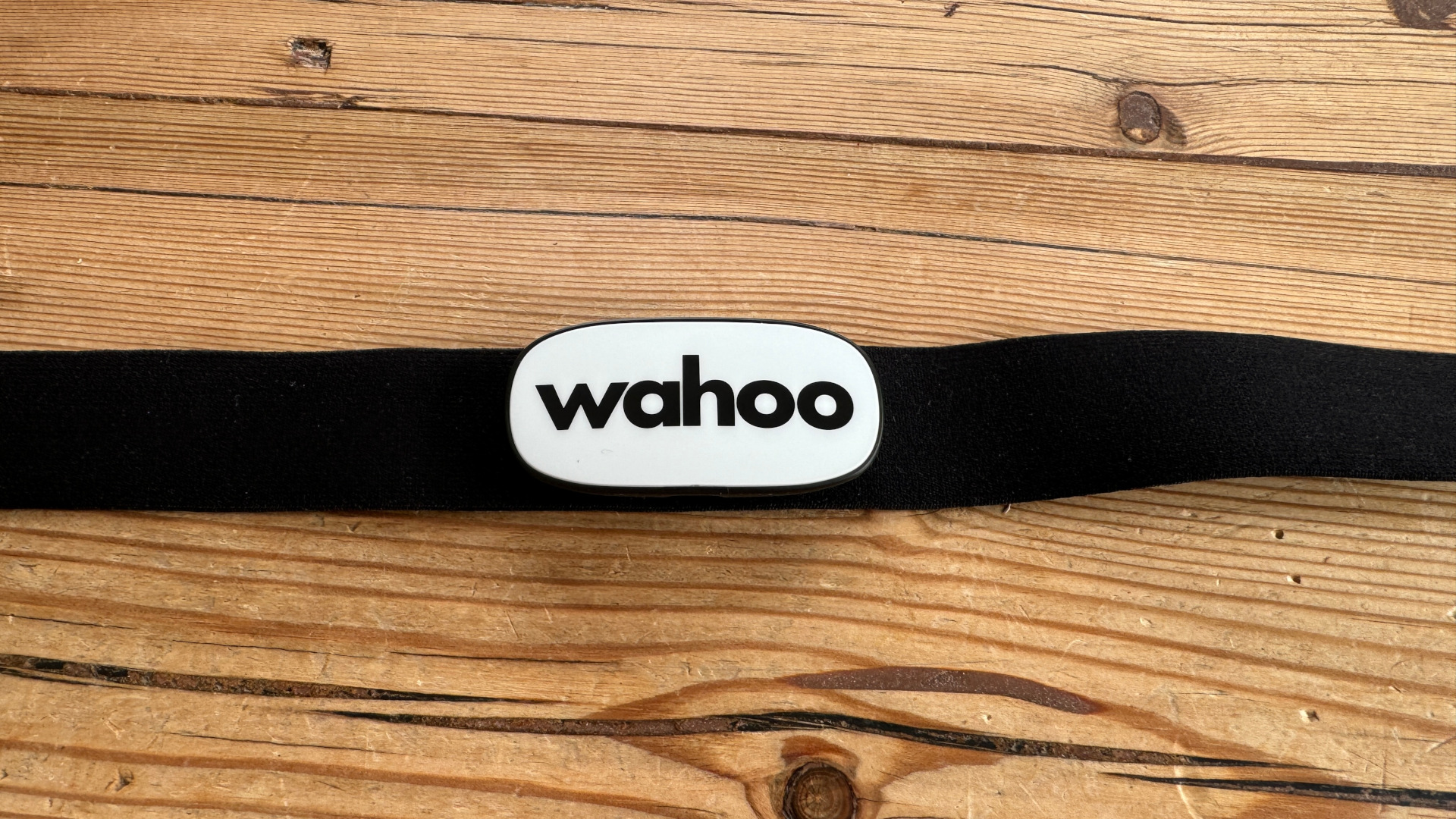
Wahoo Trackr: Design
- Comfortable to wear
- Small strap length
- Simple design
The Wahoo Trackr unit itself is pretty standard in terms of shape and size, although it is definitely one of the lighter options at 39g including the strap. As such it feels like it's barely there and you won't need to worry about it moving around due to its minimal weight.
The Trackr comes in one size with a strap that extends between 68cm and 91cm (27 inches to 36 inches) which sounds like plenty when you consider Wahoo says this works for up to 50-inch chest sizes. The reality felt quite different though as it was a snug fit even on a 42-inch chest.
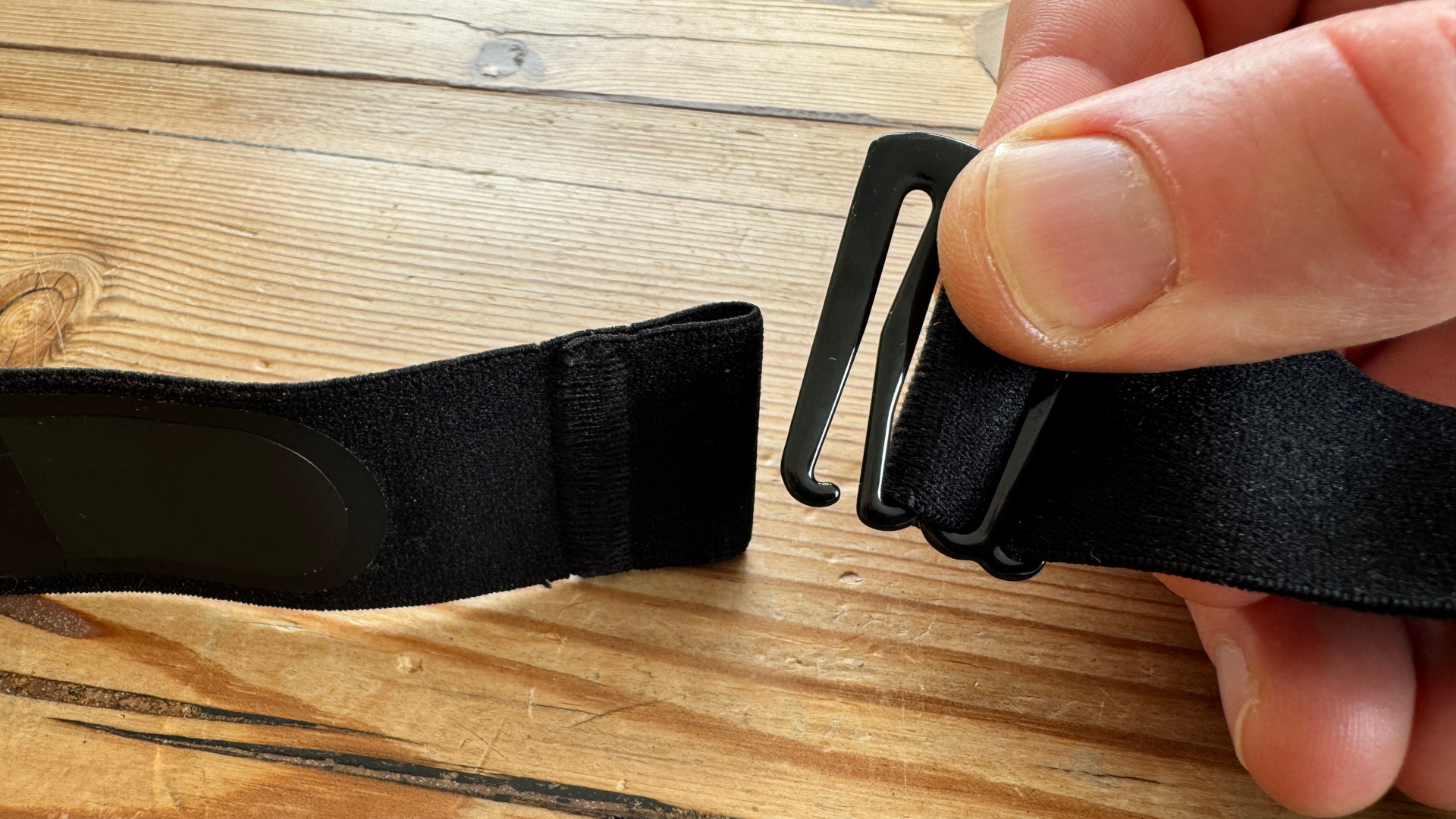
The straps feature skin-sensitive materials that work to detect your heart rate, without the need to wet them or do anything before getting started. There is a clasp system to attach the strap around your chest which is very easy to use and allows for quick adjusting as needed to find the right fit.
The fact that this model features LED lights for status and charging feedback is a really useful addition. As is that magnetic charging port, which makes it very easy to attach to the cable and get charged up.
The unit is IPX7 rated for water making it splash and sweatproof. Technically it's capable of withstanding being submerged in water at one meter depth for up to half an hour, but since it doesn't store data this won't work for swimming unless perhaps you have your phone poolside – although I didn't test that as the device isn't sold as a swim tracker.
Crucially, the Trackr is comfortable, if a little snug, and you won't notice it once you get going. That's the key, isn't it? So unless you specifically want this for water-based tracking there is very little to complain about.
- Design rating: 4/5
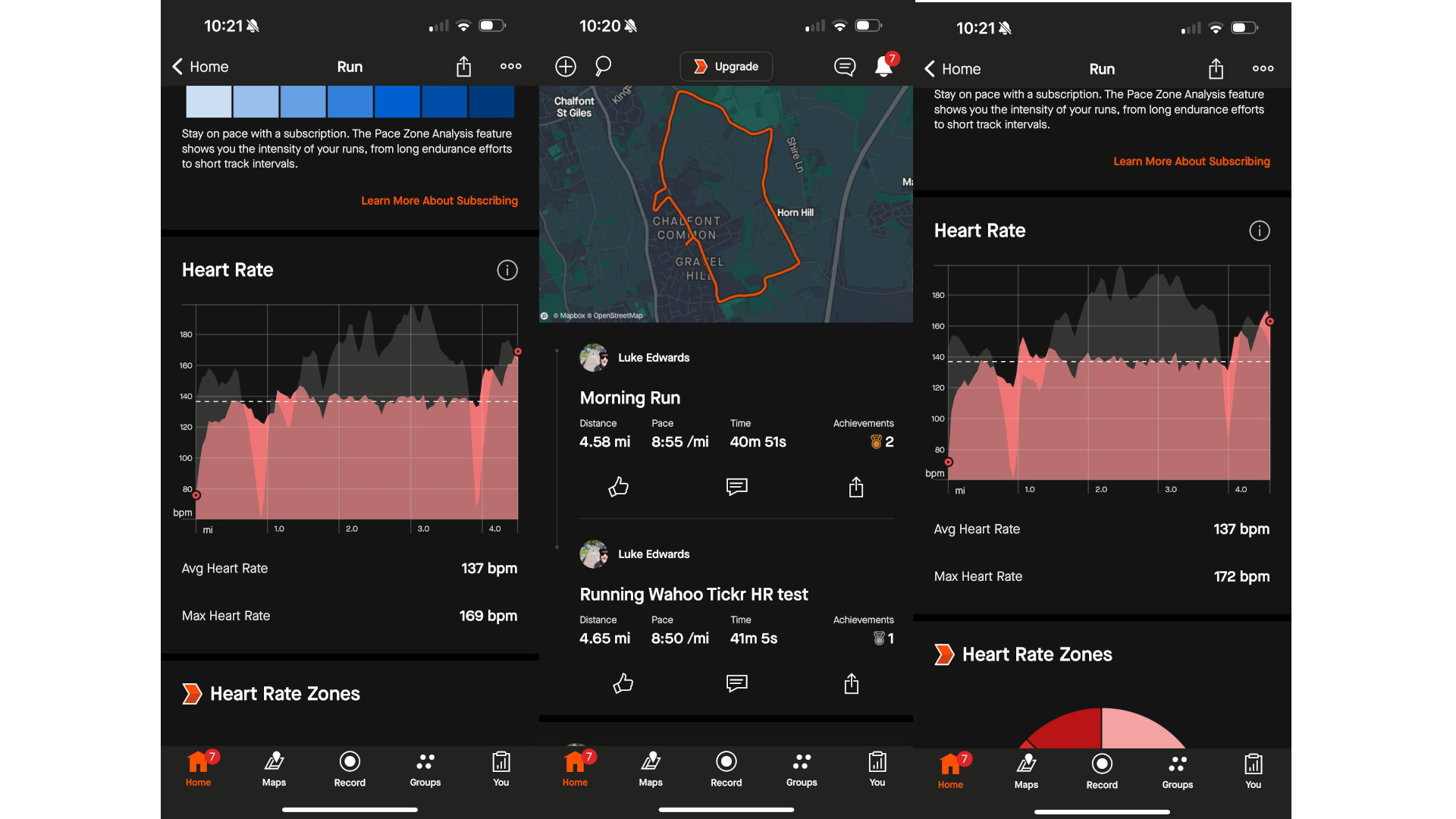
Wahoo Trackr: App and features
- App is simple but effective
- No swim tracking
- Lots of third-party app compatibility
The Wahoo Trackr comes with its own app which offers some useful tracking metrics, with some helpful heart rate-specific screens. Of course, you can do this with your training app of choice, so it might seem a little redundant. But for anyone new to this who wants to use the dedicated Wahoo app then it makes sense to have that available.
As mentioned, the Trackr requires an app to work, but it will also pair with a smartwatch. So it's possible to go out without a smartphone and still track all data associated with GPS while getting the chest strap level of accuracy. Usefully, the watch can then store that data so you have it uploaded on your apps of choice when you get back to a connection.
The readouts on the Wahoo app are decent with nice big display data and the ability to pull in more from other hardware. So you could use this with a power monitor, for example, and that will also be displayed in the Wahoo apps. In the case of cycling that can be great for a connected bike and various data monitors all working at once. This is where that ability to use ANT+ and three Bluetooth connections at once comes in handy.
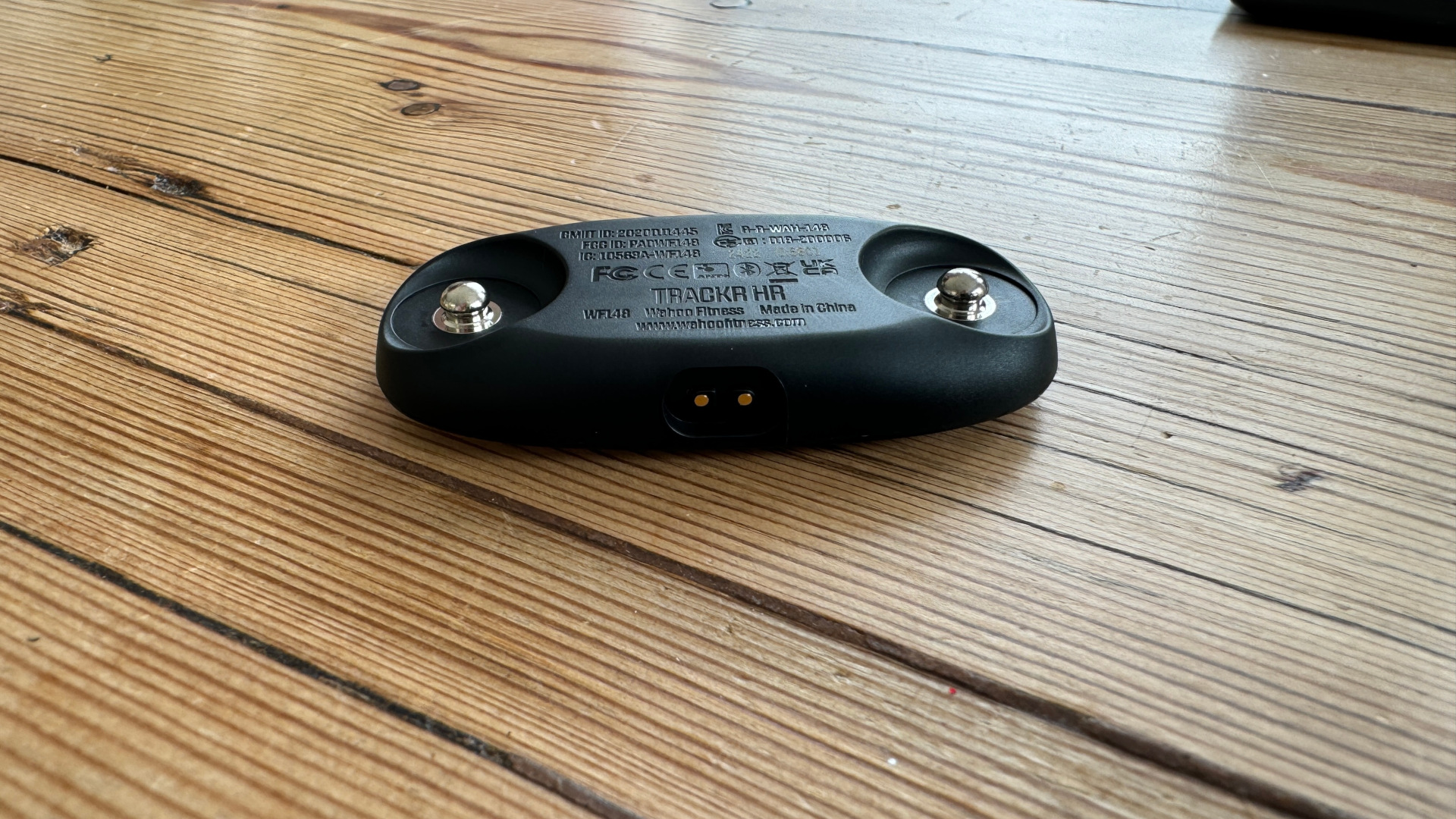
The LED lights are helpful when charging to get your status, but are even more helpful when connecting to see what the device is doing – as well as getting a battery level update. That said, it connects quickly and easily and is always pairing-ready when you clip in and strap on, so the lights are more for to indicate isn't going as planned. I didn't have that issue as this connected first time with many devices.
Features are few, to be honest, but that's not a bad thing. This is a very smart and accurate heart rate monitor that doesn't try to reach beyond its core task, but rather focuses on doing that to the best possible ability – and in my testing across running, cycling, and HITT, it achieved this.
- Features & app rating: 3.5/5
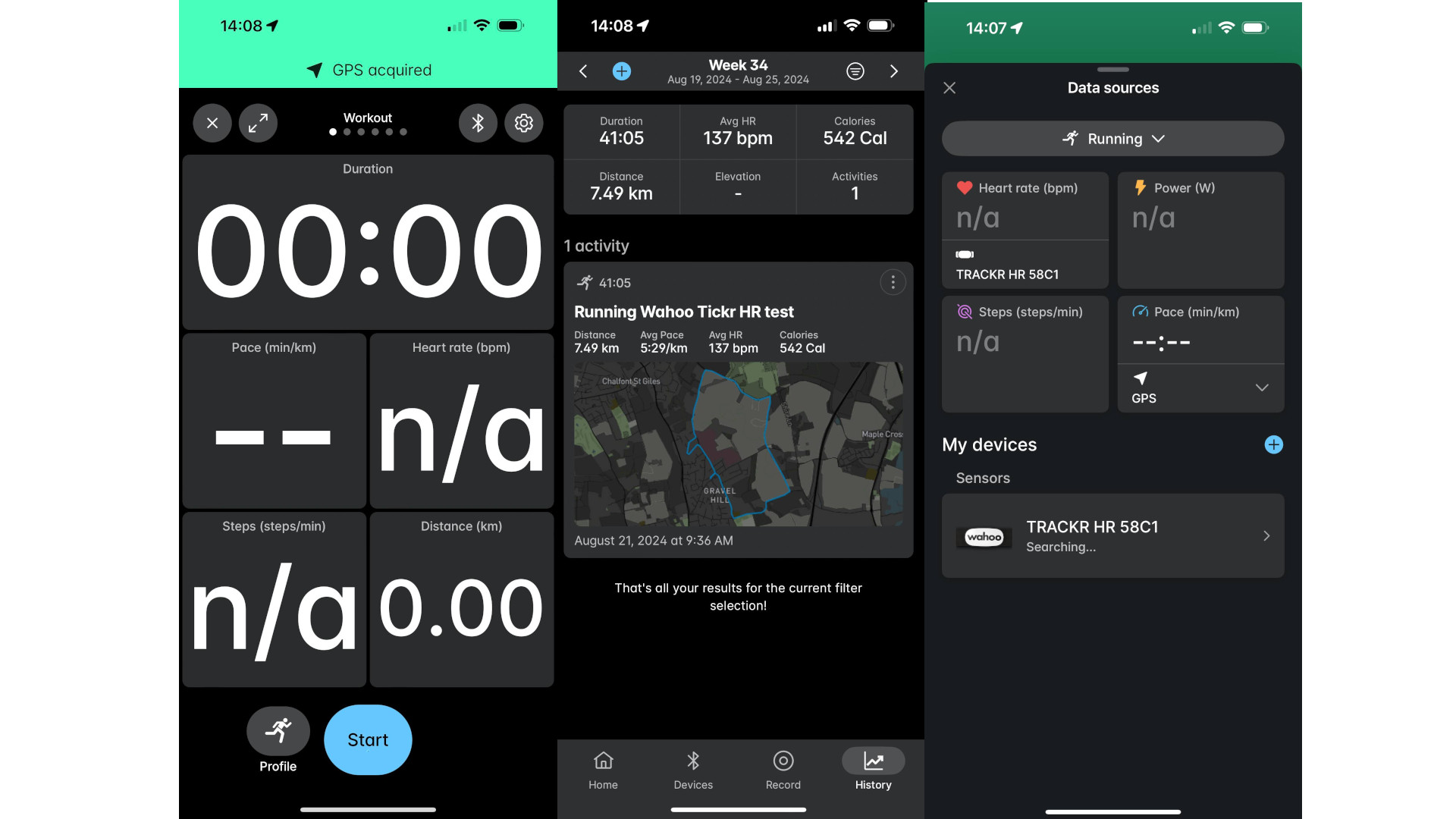
Wahoo Trackr: Performance
- Super accurate
- Easy to setup and use
- Wide connectivity
Thanks to this HRM's electrocardiography (ECG) heart-rate sensor, you can expect a 99.6% accuracy as standard. While wrist-worn light-based monitors are better than ever, they're still reliant on less accurate input – making all the data extrapolated from that, using algorithms, less accurate too. In that way, this is a very powerful heart rate monitor that's superb for anyone that wants a greater level of accuracy.
All that said, when out running with the Garmin Forerunner 965 and the Trackr connected to an iPhone 15 Pro Max, the compared data was very similar. As heart rate changed, on a hill climb, for example, the chest strap stayed with me accurately and the watch took a little longer to adapt. As the run went on and averages were more detailed that became less varied between the two – but the watch did still have some lag behind the Trackr.
When glancing in a race situation or training hard where you can only spare less than a second to use the energy to crane your neck and move your wrist, the chest strap reliability and responsiveness were really welcome.
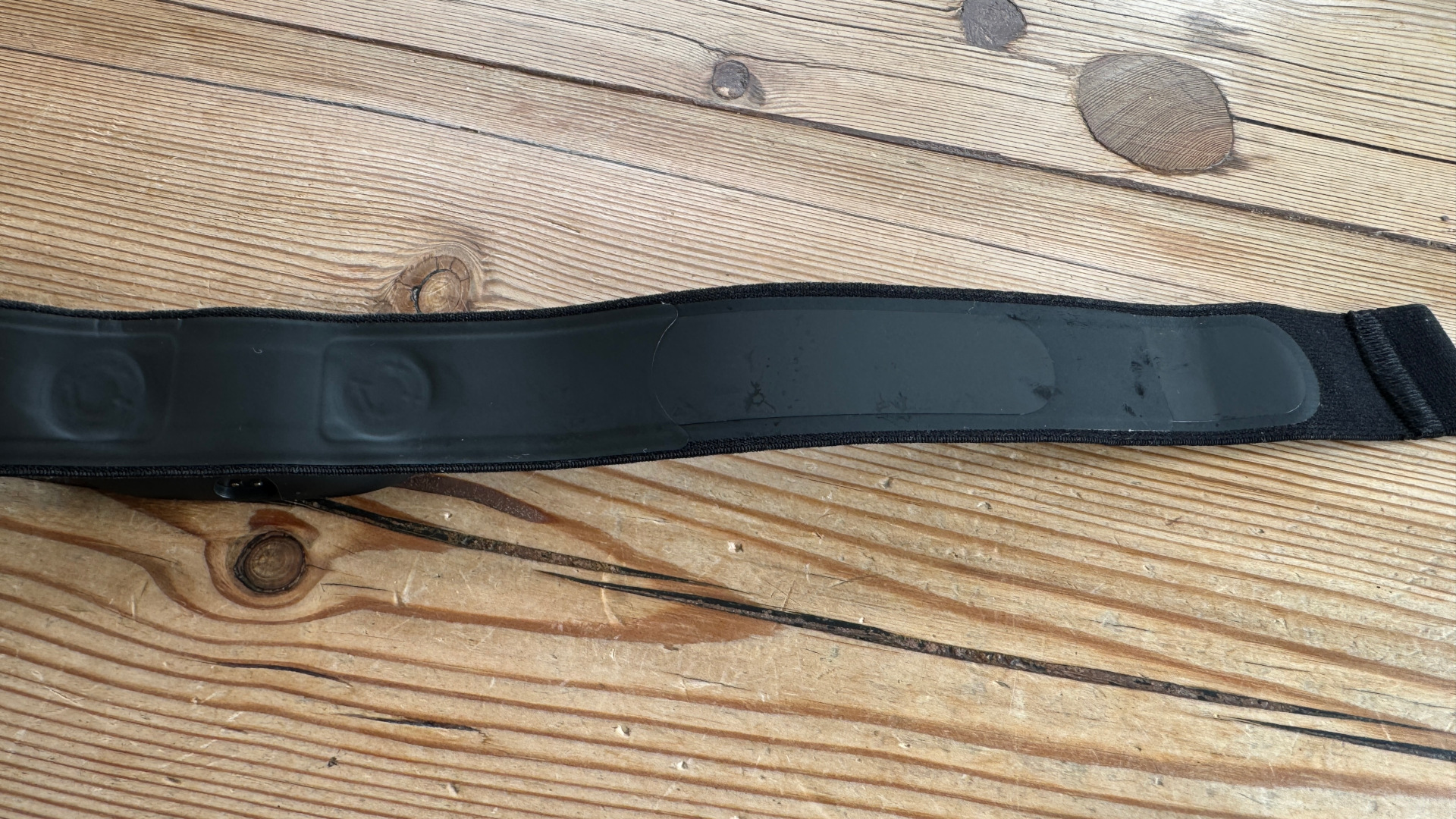
The results were not quite so similar when it came to faster runs – the chest strap really stood out as better here. On doing a fast 5K race with both of these units on, it was clear that the optical Garmin sensor was not as good. It had my heart rate never topping zone three, even though I was all-out and set a PB. The chest strap, on the other hand, was far more accurate, detecting zone four at the back end of the race and my zone five kick-up at the finish. Perhaps this is due to arm movement while going at speed, and sweating, but whatever the reason this put the chest strap into a league of its own.
So, if you're looking to accurately track high-speed, sweaty running, or HIIT classes, then a chest strap is a must and this model makes it easy to set up, monitor, and use with whatever app or device you want. I now run with the Garmin as my display but use the Trackr as the HRM, disabling the optical sensor on the watch in favor of the chest strap's accuracy.
